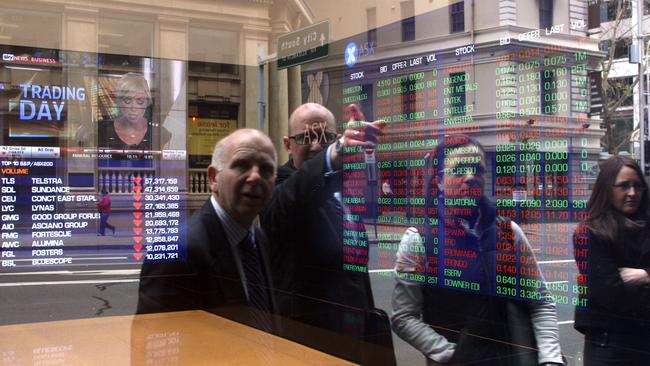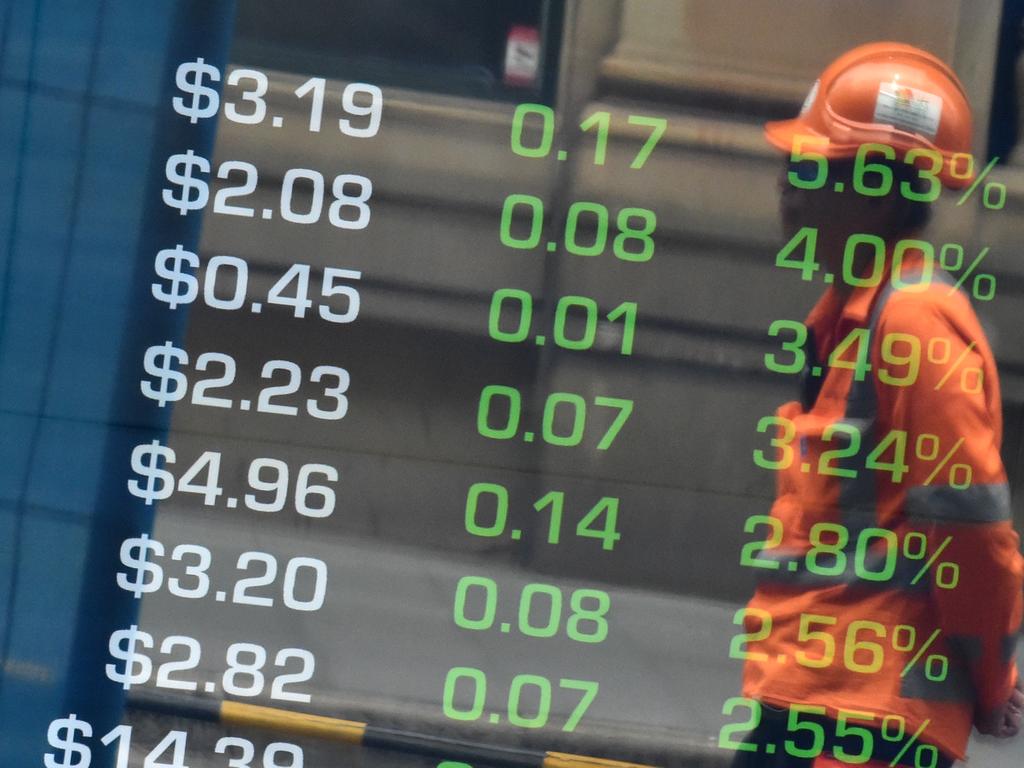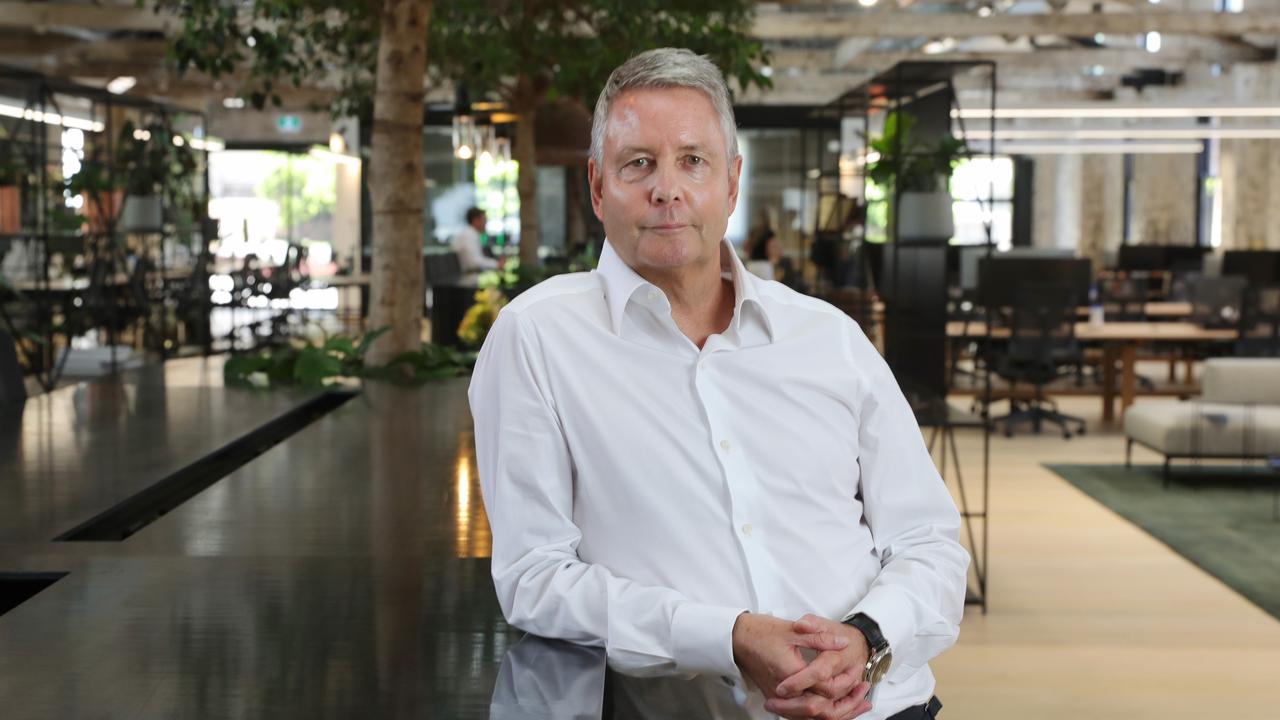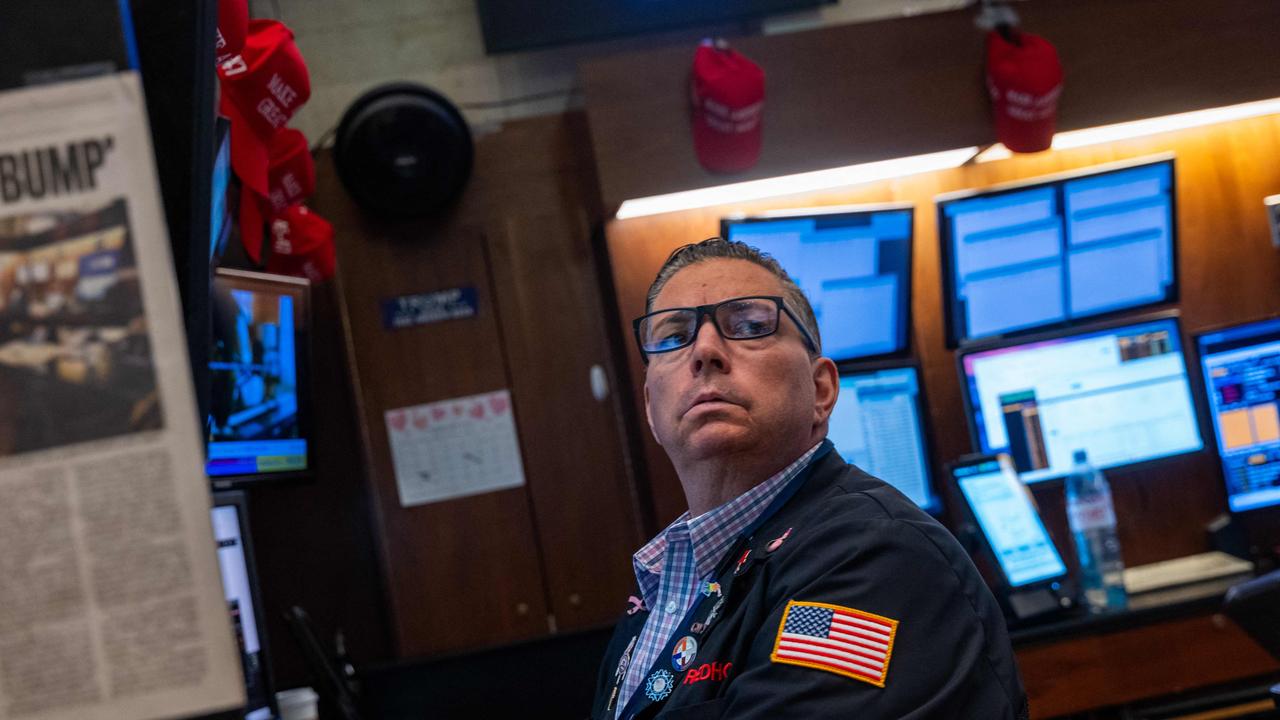
Around Australia a large number of investors are cashed up as a result of selling near the top or on the way down. All of them are now asking whether now is the time to re-enter the market and start buying.
And the pre-Easter rally has intensified the pressure to come back in.
No-one knows the answers to that question, partly because it depends on coronavirus infection rates.
But over the Easter break I decided to seek the opinion of an investment manager who daily wrestles with that problem ---- Damien Klassen from boutique fund manager Nucleus Wealth.
Nucleus is one of group of smaller institutions that sold out near the top. But to really get it right Nucleus, like so many others, has to decide when to re-enter the market. But given that Klassen sold at the right time, his views on the future have special interest.
Klassen believes that the business world that emerges from the crisis will be totally different to the one that went in and that the share market has not yet understood this.
For example, world trade was organised on a “just in time” basis so that enterprises including retailers and wholesalers carried minimum stock. That’s going to change and, as in former days, back-up stocks will be required, which means more capital must be invested.
And nations like Australia and the US have become totally dependent on China for essential goods. Again, that is going to change, and the community will demand more local manufacturing in a wide array of areas.
As the world moves to greater self-sufficiency, or at least lowering its dependence on China, that will slow the Chinese economy. Australia is closely linked to the fortunes of China.
I would add that the business of outsourcing call centres has been a disaster because of clamps placed by third world nations to help curb the spread of the disease.
Those enterprises that retained Australian-based call centres will use this as a major marketing tool in coming months.
All these forces will lift costs and given that economies will remain depressed for an extended period it is not always going to be possible to pass on the extra costs, at least in the short to medium term.
Longer term this will put upward pressure on inflation and interest rates.
Klassen points out that in Australia, like many other countries, both corporate and consumer debt are at high levels, which will curb investment and spending.
We are developing a big pool of unsold houses around the country and in Victoria this will reach very high numbers, because the Victorian government restrictions have virtually shut down the real estate industry.
While there are buyers around that see this as an opportunity, a lot of Australians have been deeply shocked that their jobs have suddenly been made less secure. That fear will affect the willingness of banks to lend large sums, plus the confidence of borrowers to go into monumental debt to buy a dwelling.
Those that already have huge mortgages and have lost one income are under great pressure.
The inevitable lower dwelling prices will reduce confidence over a wide area.
Nowhere will that be more evident than in inner city apartments that cater for the overseas student market. The students can’t afford the rent because the casual jobs have dried up. The local Australian students can often go home while the overseas students are in a terrible predicament and will receive no government help.
The bottom line is that rents in many areas, including commercial/retail properties, will be put under pressure. Highly-leveraged owners may get banker help in the short term but longer term they will need to adjust to the new environment.
The lowering of domestic dwelling values will extend to commercial property, including offices.
Enterprises are now discovering how they can operate on a decentralised basis.
Not only are we likely to see many fewer overseas tourists for an extended period but migration will be slashed. A lot of Australian enterprises are based on these two activities.
Meanwhile our nearest neighbour, Indonesia, is facing a very nasty COVID-19 outbreak and their medical facilities can’t cope.
Klassen believes all these forces, and many more, have not been factored into future earning and share prices, so he is holding on to Nucleus cash.
But share markets can move ahead and look beyond bad events, particularly given the current low Australian infection rates.
Becoming liquid is a good first step but is neutralised if the market recovers quicker than you expected.
That’s the challenge Nucleus and many other cashed-up investors face.







